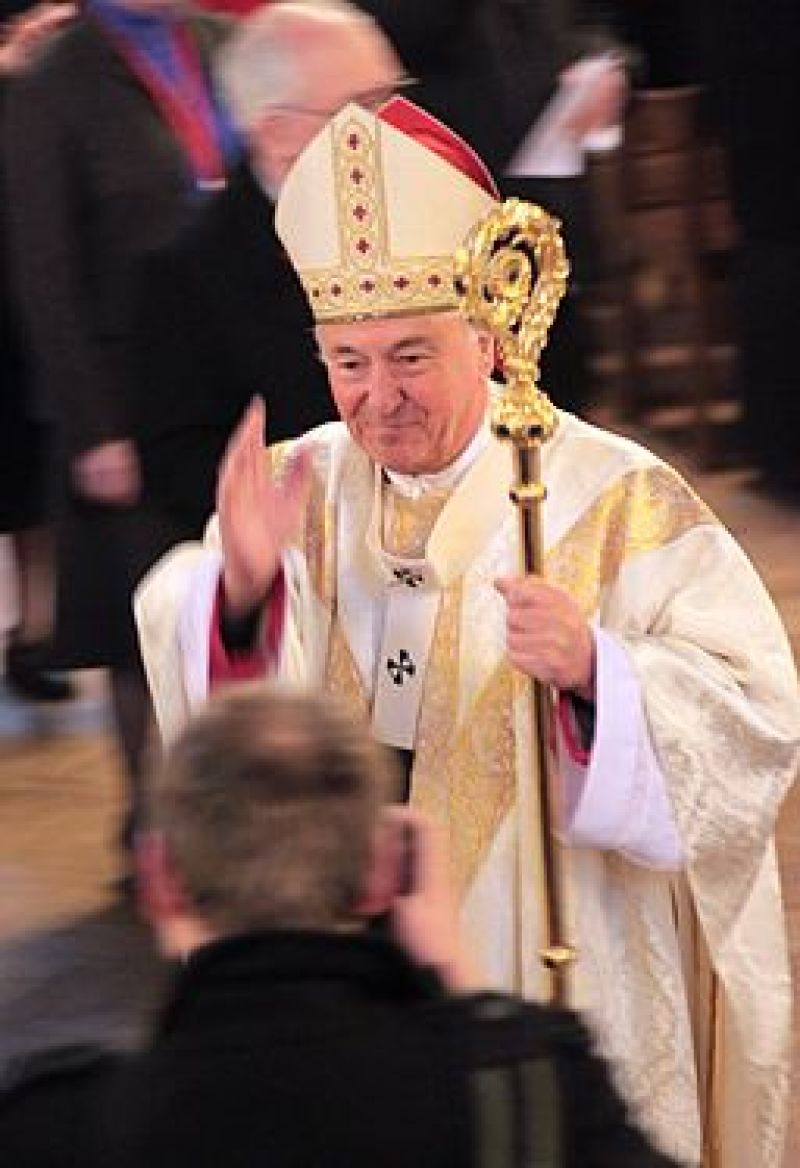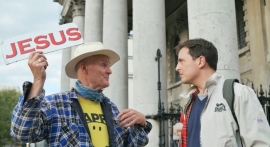

Cardinal Vincent Nichols was deeply shocked after seeing the aftermath of the 50-day war between Israel and Hamas.
The aftermath of the onslaught brought about by clashing ideologies of Israel and Hamas "deeply shocked" Cardinal Vincent Nichols when he was confronted with the actual leftovers of the 50-day battle.
Nichols, who is the archbishop of Westminster, had been taken to a tour of the shattered community that fell victim to the war fought between soldiers and militants over the summer. The head of the Roman Catholic church in Wales and England described what was left of the place as "a deeply depressing situation in a devastated region where people are trapped". Moreover, Nichols felt the need to advocate the healing of the lives broken due to the war especially those of "the innocent citizens of Gaza caught in a vice of conflicting ideologies."
Among the places in Gaza visited by Nichols were a hospital filled with those injured during the attack, as well as an industrial zone that still bore the effects of the war. He also went to an orphanage where he met children left by their parents. Apart from having been left by their mothers and fathers, these children were said to be suffering from the trauma caused by the air strikes and shelling they witnessed earlier this year.
"I was deeply shocked at the effects of war and endemic poverty," shared Nichols. "Pope Francis has said there must be an end to war, and when you see the effect in a place like Gaza it reinforces that," the Catholic leader added.
In addition to the severity of the destruction, Nichols expressed his concern over the fact that minimal or virtually no sign of recovery is apparent in the area. The Westminster archbishop shared that reconstruction appeared to not be happening anytime soon.
"It's astonishing the number of people with the appearance of nothing to do - people just sitting on the streets. There is only the barest sense of order. This is not an economy that is going to be able to support its population," Nichols pointed out.
Faced with such dire situation, Nichols advised the political leaders to be wary of the "rule of the extremists". He noted that this kind of mindset has become prevalent in the Middle East. Hence, Nichols reminded the leaders to "not be satisfied with a security or military response" only. He strongly recommended that the heads of these communities should "find a political solution" to avoid a repeat of the war waged last summer, which left the people of Gaza in an "almost impossible situation for them" to survive. The archbishop asserted the need for the heads to exhibit genuine political leadership and to inculcate optimism in recovering from the onslaught.
"Optimism is not the word that comes to mind, yet without it things will get worse," Nichols advised.

















